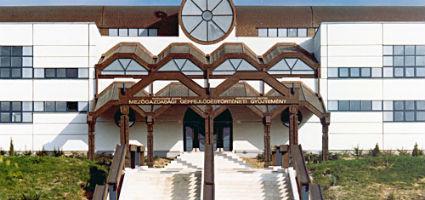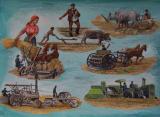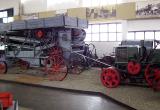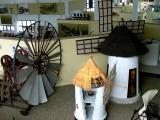2025. April 29. Tuesday
St. Stefan University Agricultural Tool and Machine Development Museum - Gödöllő
 |
Address: 2103, Gödöllő Páter Károly utca 1.
Phone number: (28) 410-210, (28) 522-000 /1050
E-mail: muzeum@gepmuzeum.szie.hu
Opening hours: Mon-Fri 9-16, Sat 9-14
|



